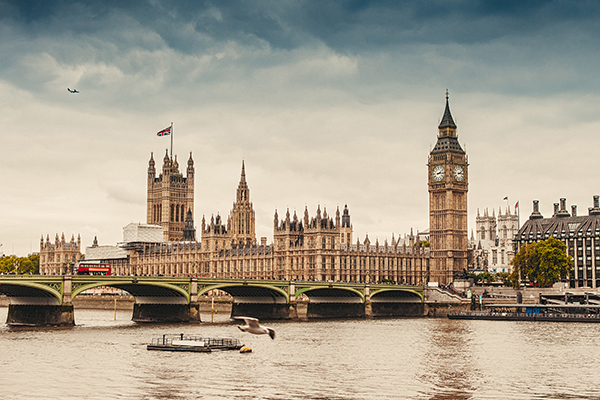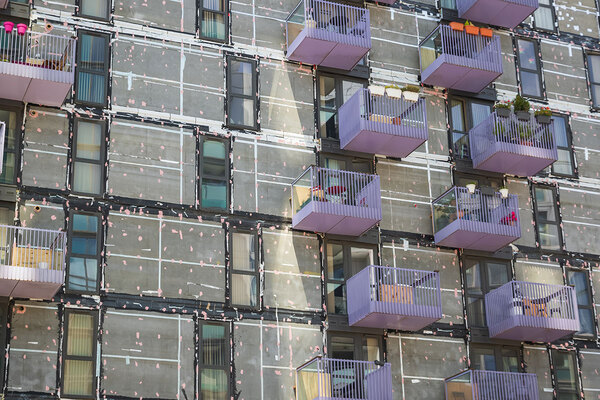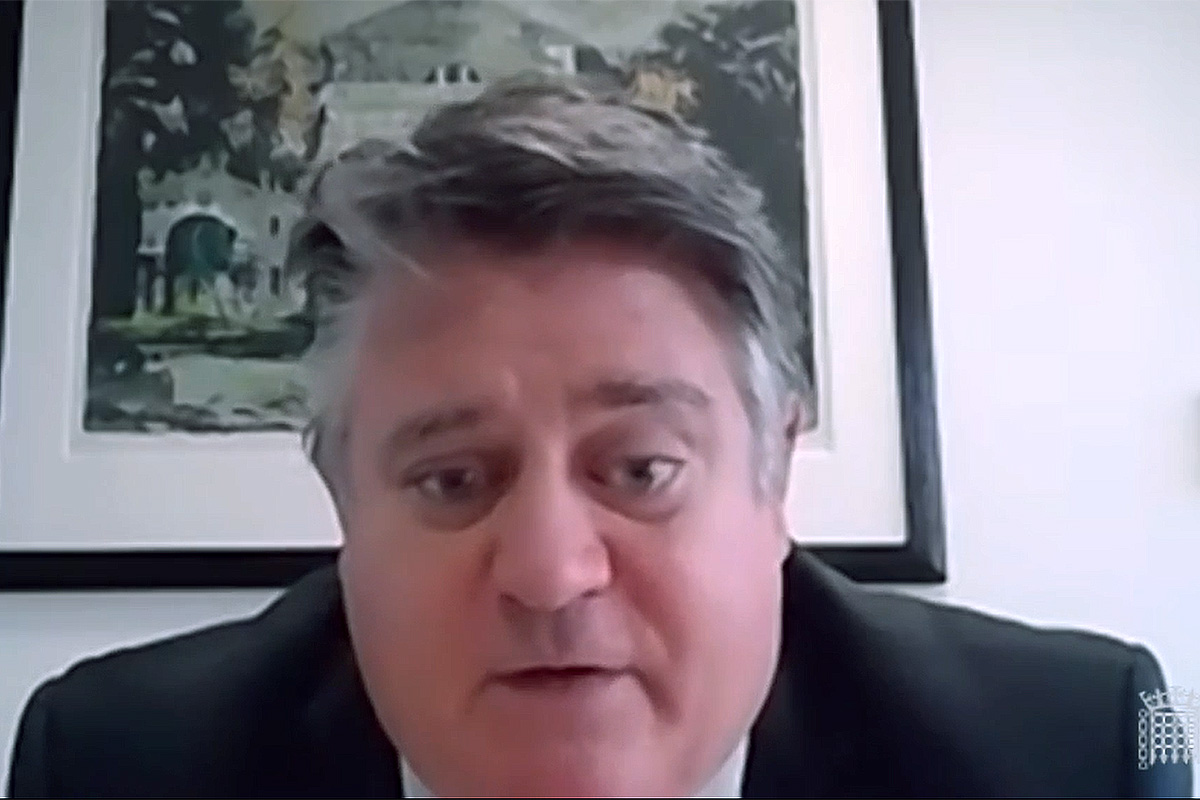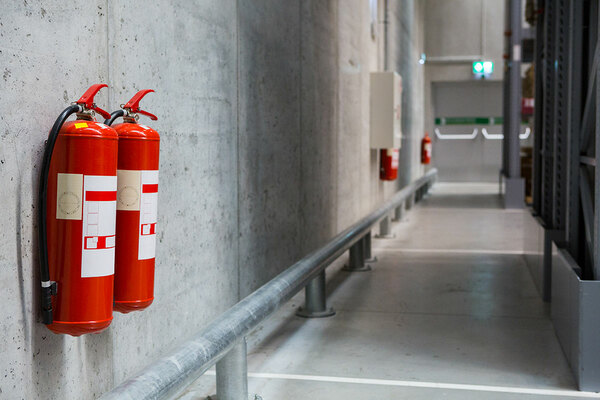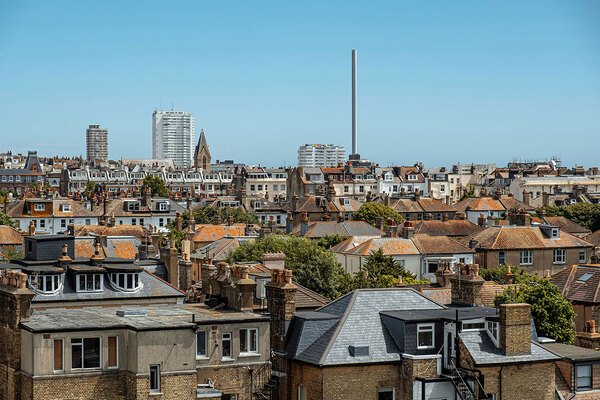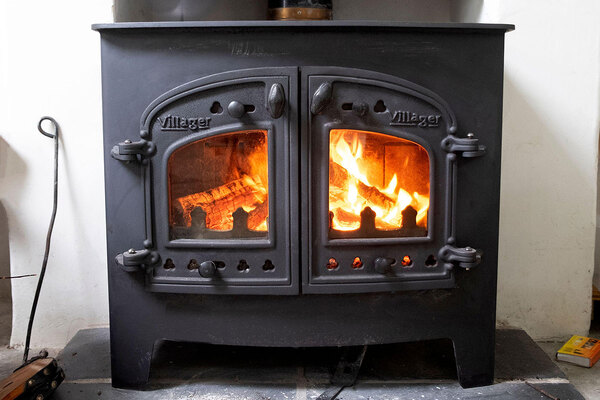Lords vote to send debate over leaseholder cladding costs back to MPs for second time
Peers have voted to send an amendment to the Fire Safety Bill which would ban leaseholders from paying for cladding remediation works back to the House of Commons for a second time.
The House of Lords voted 326 to 248 in favour of a motion put forward by the Bishop of St Albans, Alan Smith, to insert into the legislation a clause prohibiting remediation costs from being passed on to residents.
It means MPs will once again debate and vote on the amendment, sometimes called the McPartland-Smith Amendment after the two Conservative backbenchers who first tabled it.
The Lords previously batted the amendment back to the Commons in November, but MPs subsequently voted 340-225 in favour of a government motion to reject it to the dismay of campaigners.
Ministers have argued that the Fire Safety Bill is not the correct vehicle to address issues over remediation costs, as a relatively short piece of legislation placing a duty on building owners to inspect cladding and fire doors.
Instead, they intend to cover the matter in the much longer Building Safety Bill, which sets out wholesale reforms to the regulatory framework surrounding residential building safety and is due to be introduced in spring.
The government is yet to commit to legislating to protect leaseholders from cladding remediation costs.
Today’s Lords vote in favour of the amendment passed despite opposition from all but three Conservative peers, with backing from Labour, the Liberal Democrats, the bishops and the majority of crossbenchers.
It is highly unusual for a bill to be sent back to the Commons twice and the Lords will not be able to do so again after MPs’ second vote on the amendment.
A spokesperson for the End Our Cladding Scandal campaign, which is run by leaseholders in partnership with Inside Housing and The Sunday Times, said: “Millions are still living in dangerous buildings, with flammable cladding on the outside and defective fire protection inside, with the government still refusing to bite the bullet and properly help.
“It’s high time to get rid of the cladding tax on leaseholders, many of whom are first-time buyers who will be facing bankruptcy to solve a problem caused by the government’s inadequate regulations and developer malpractice.
“The majority of MPs have constituents living in firetrap flats; it is now down to them to do the right thing and join our fight for fairness to ensure hardworking homeowners are not forced to pay to put right the cladding scandal that has engulfed the country.”
Hundreds of thousands of leaseholders across England are believed to be in buildings that require costly cladding remediation, with the issue having a knock-on effect on the wider housing market.
In a bid to tackle the problem, the government last month upped its total funding to pay for the work on high rises to £5bn.
But campaigners were angered by its decision to offer only loans for affected leaseholders in buildings shorter than 18m.
Sign up for our fire safety newsletter
Already have an account? Click here to manage your newsletters
